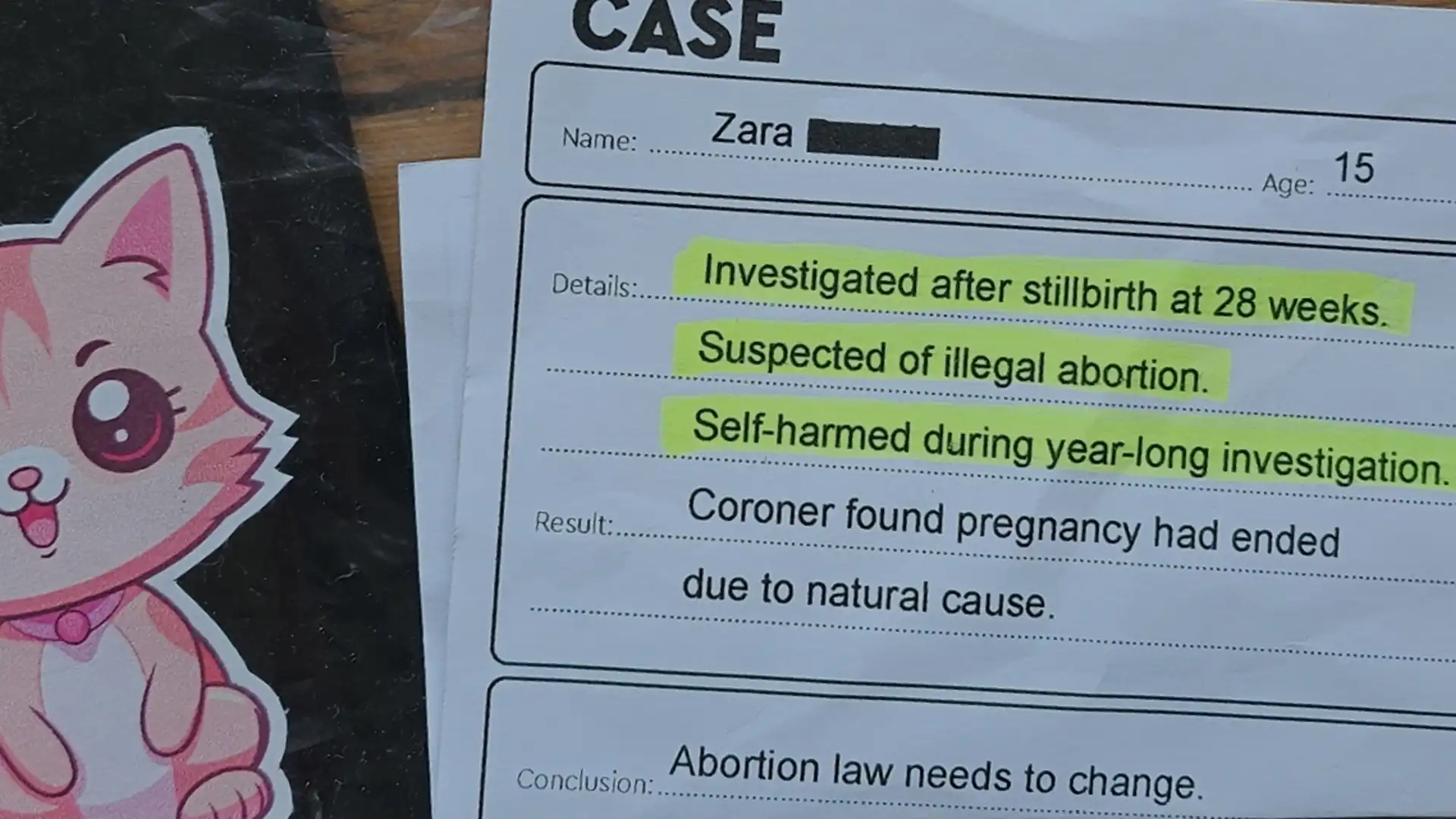Abortion Law Reform

It’s Time To Act
Record numbers of women are being investigated for suspected illegal abortions in England and Wales. Women are facing years-long investigations, arrested straight from the hospital ward, their homes searched, and their children taken away. This has to end. It’s Time To Act.
In the next few weeks, MPs will have the opportunity to reform our abortion law and end the criminalisation of women and girls accused of ending their own pregnancies. A cross-party group of MPs have tabled an amendment to the Crime and Policing Bill which would remove women from the criminal law in relation to abortion offences.
It takes 30 seconds using our simple online tool - follow the link below.
Tell your MP to support amendment NC1 to protect women and girls.
Want to learn more about our campaigns and get involved?
Sign-up here - we won’t bombard you with emails and you can unsubscribe at any time.